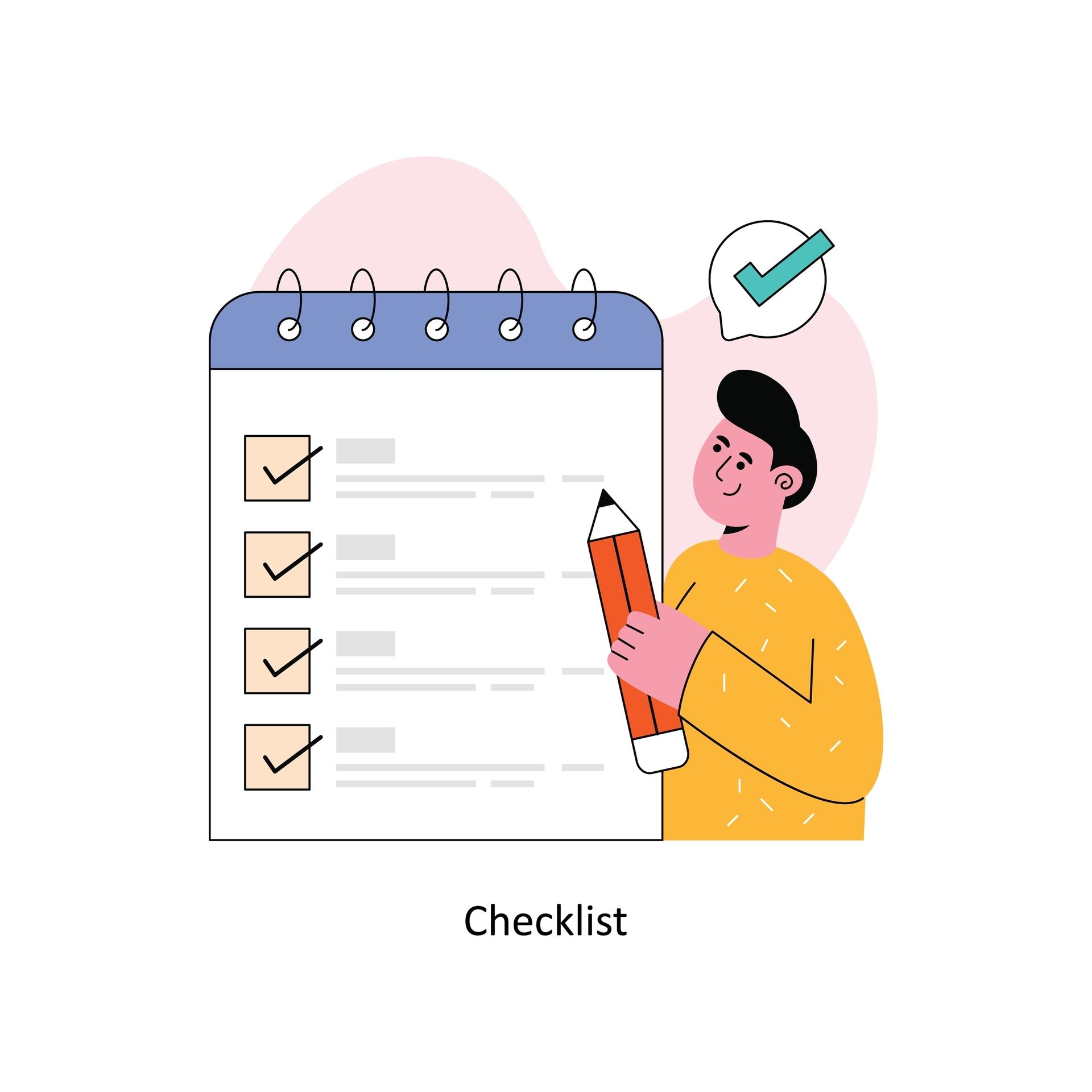Housing Proposals from the State of the Union
Big Proposals from the Biden Administration!

The State of the Union is always an important speech to pay attention to as it communicates to the general public what the current administration will be prioritizing and working towards in the coming year, and this year was no different. With the focus that recent administrations at the local, state, and national level have put on the issue of housing availability and affordability, it is no surprise that a handful of housing proposals were announced during this year's State of the Union.
Last week during the State of the Union, President Biden unveiled a handful of new housing proposals. In these proposals he made four major points:
- An annual tax credit of up to $400 a month for two years to assist homeowners with mortgage payments when purchasing their first home or trade up for more space.
- Eliminating the requirement for title insurance on federally-backed mortgages only for refinances. While this is limited to refinances, it could save homeowners up to $1,000!
- Biden and his administration have cut red tape for builders looking for federal financing which has helped contribute to the building of 1.7 million new housing units.
- Renewed efforts to preserve and build 2 million affordable homes and bringing rents down.
Additionally, Biden unveiled his $7.3 trillion budget for the 2025 FY. Although this budget is never approved "as is," it does serve to indicate what the administrations priorities are and what they would like to see in the budget that is passed. This budget provides more specifics on what the Biden administration is looking to accomplish. With a total of $258 billion devoted to housing, the Biden budget would:
- Expand the Low-Income Housing Tax Credit.
- Provide a new tax credit for first-time home buyers of up to $10,000 over two years.
- Provide $7.5 billion in mandatory funding for new Project-based Rental Assistance contracts to incentivize the development of new climate-resilient affordable housing.
- Reduce down payments for first-time and first-generation home buyers.
Provide a one-year tax credit of up to $10,000 to middle-class families who sell their starter home. - Provide $20 billion in mandatory funding for a new innovation fund for housing expansion.
- Invest $1.3 billion in the HOME Investment Partnerships Program
If you are curious about the exact language used during the speech, the relevant portion regarding housing is included below:
"I know the cost of housing is so important to you. If inflation keeps coming down mortgage rates will come down as well. But I’m not waiting.
I want to provide an annual tax credit that will give Americans $400 a month for the next two years as mortgage rates come down to put toward their mortgage when they buy a first home or trade up for a little more space. My Administration is also eliminating title insurance fees for federally backed mortgages. When you refinance your home this can save you $1,000 or more.
For millions of renters, we’re cracking down on big landlords who break antitrust laws by price-fixing and driving up rents.
I’ve cut red tape so more builders can get federal financing, which is already helping build a record 1.7 million housing units nationwide.
Now pass my plan to build and renovate 2 million affordable homes and bring those rents down!"





